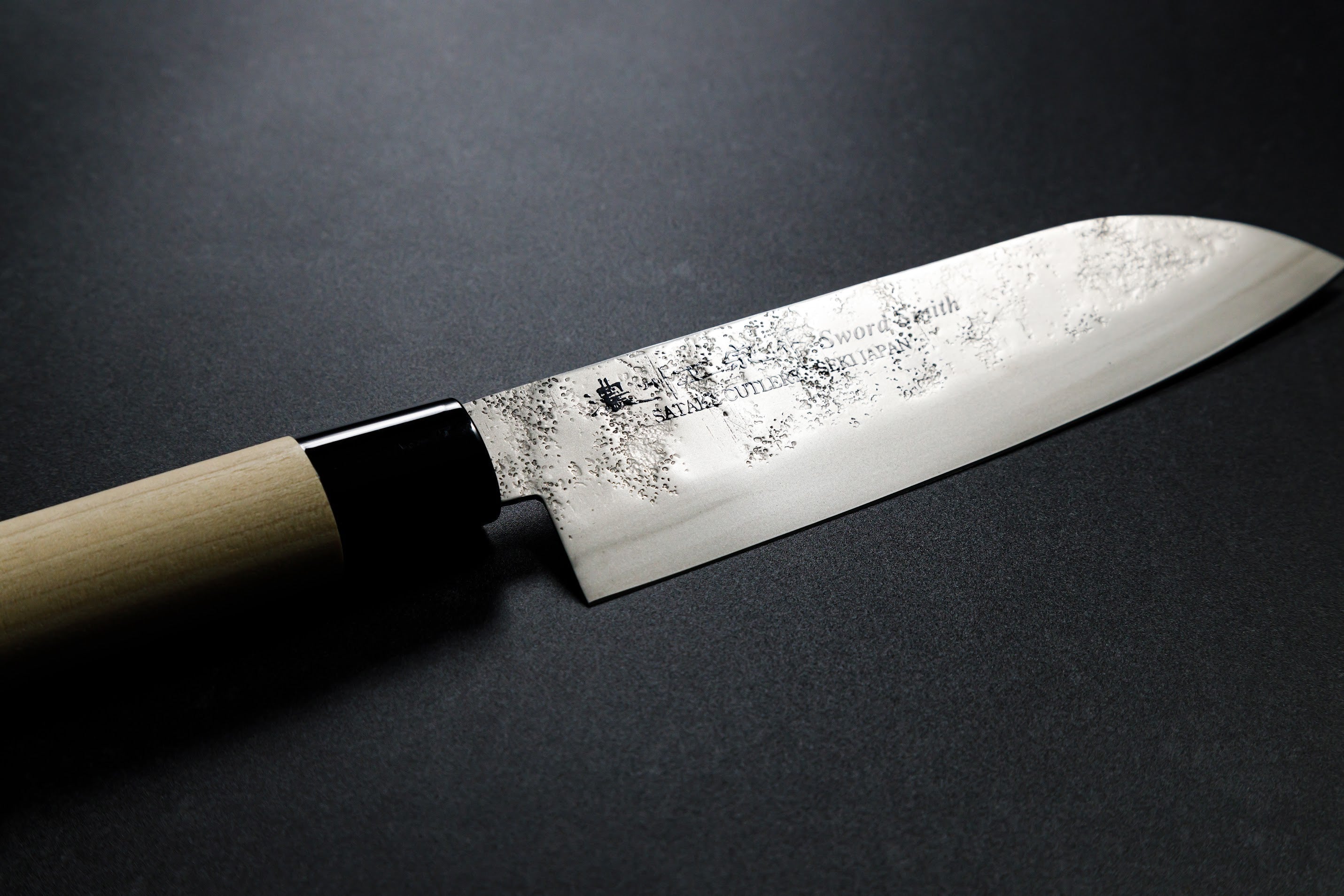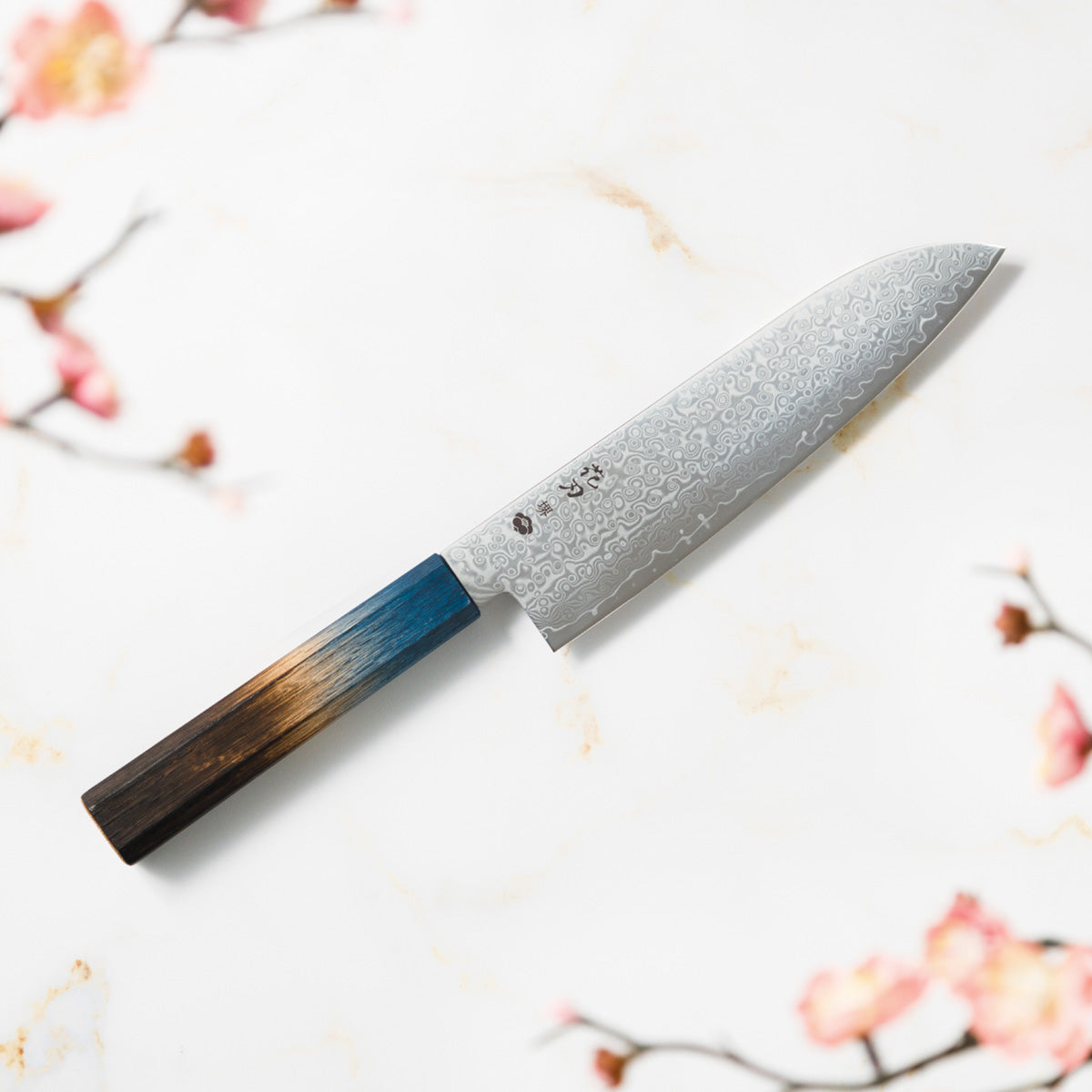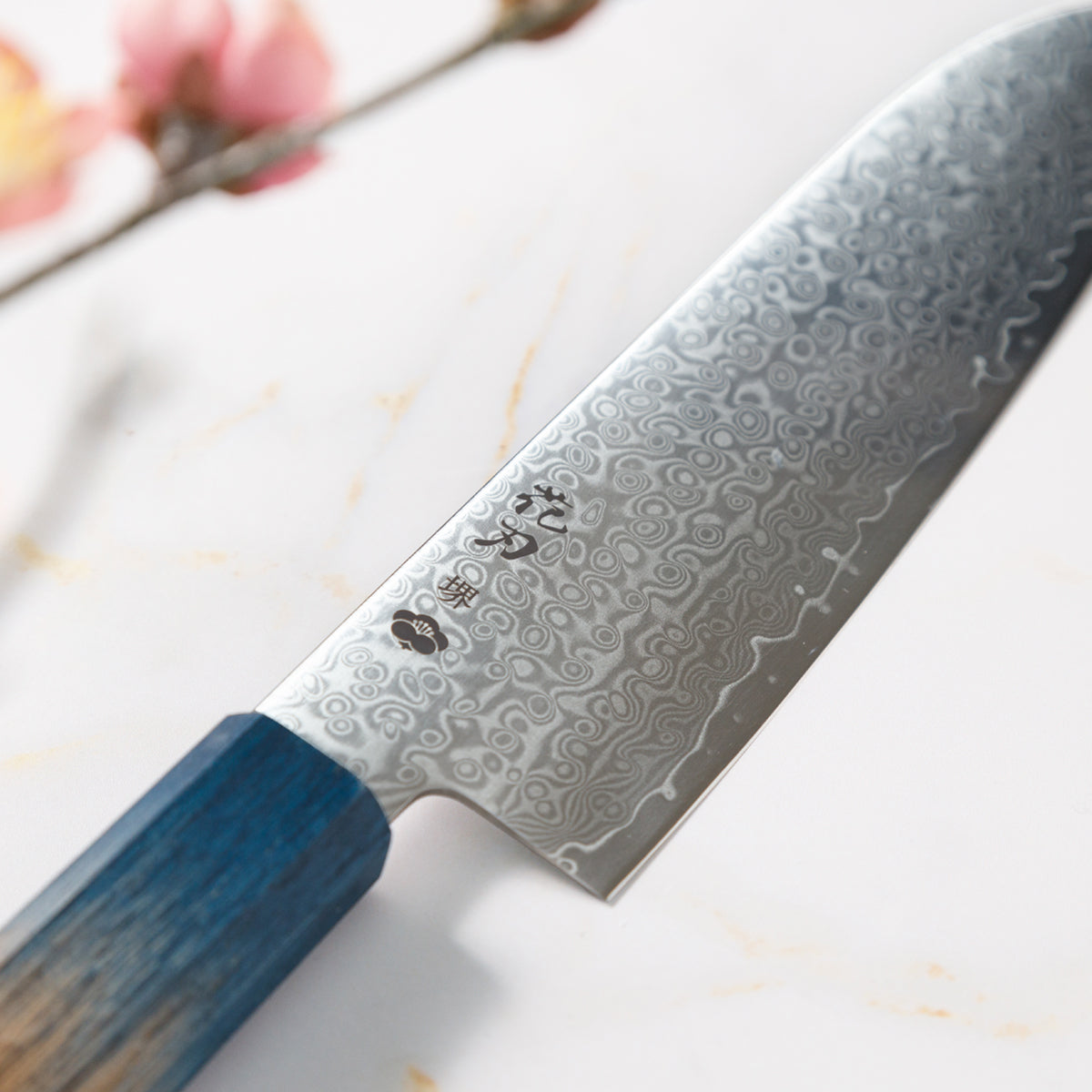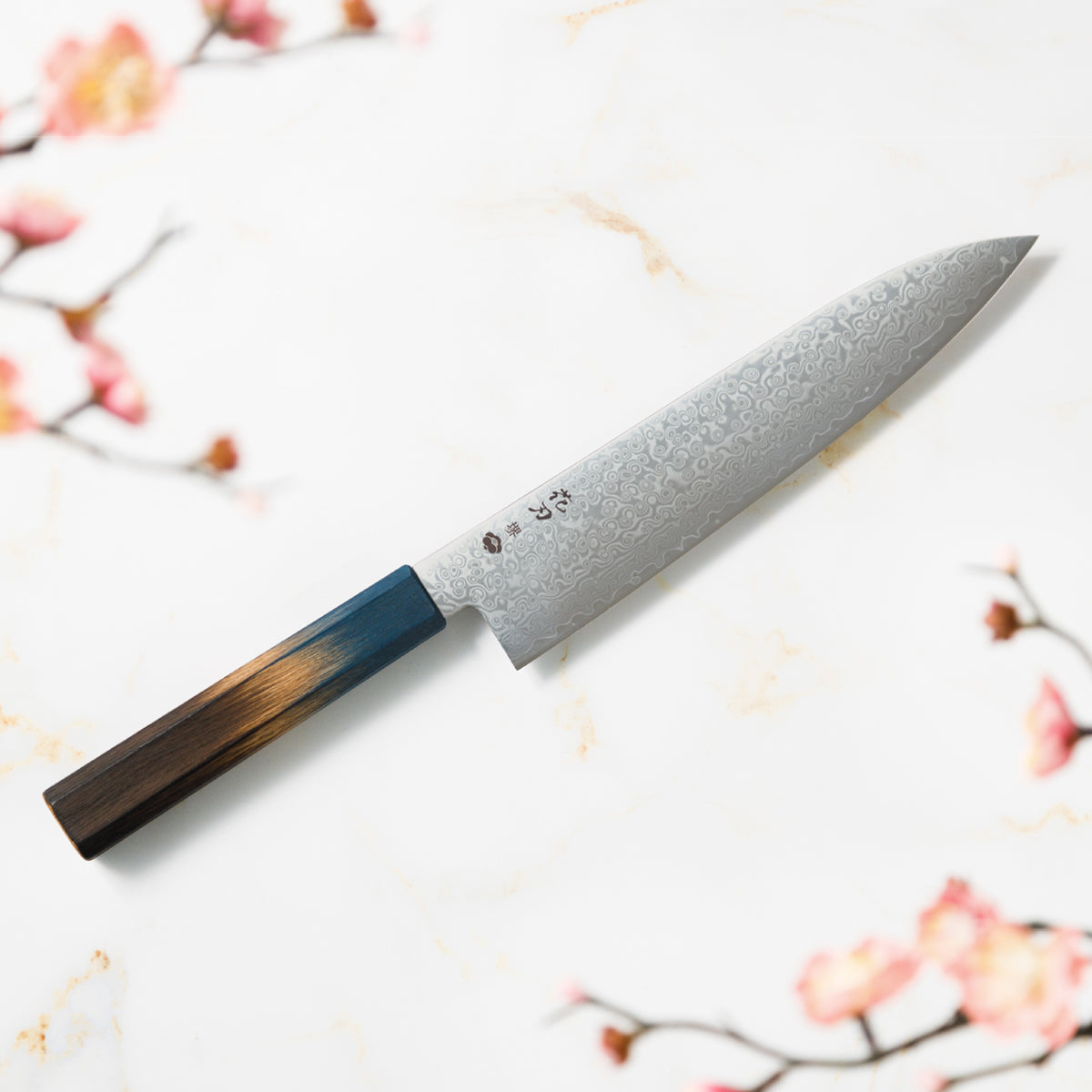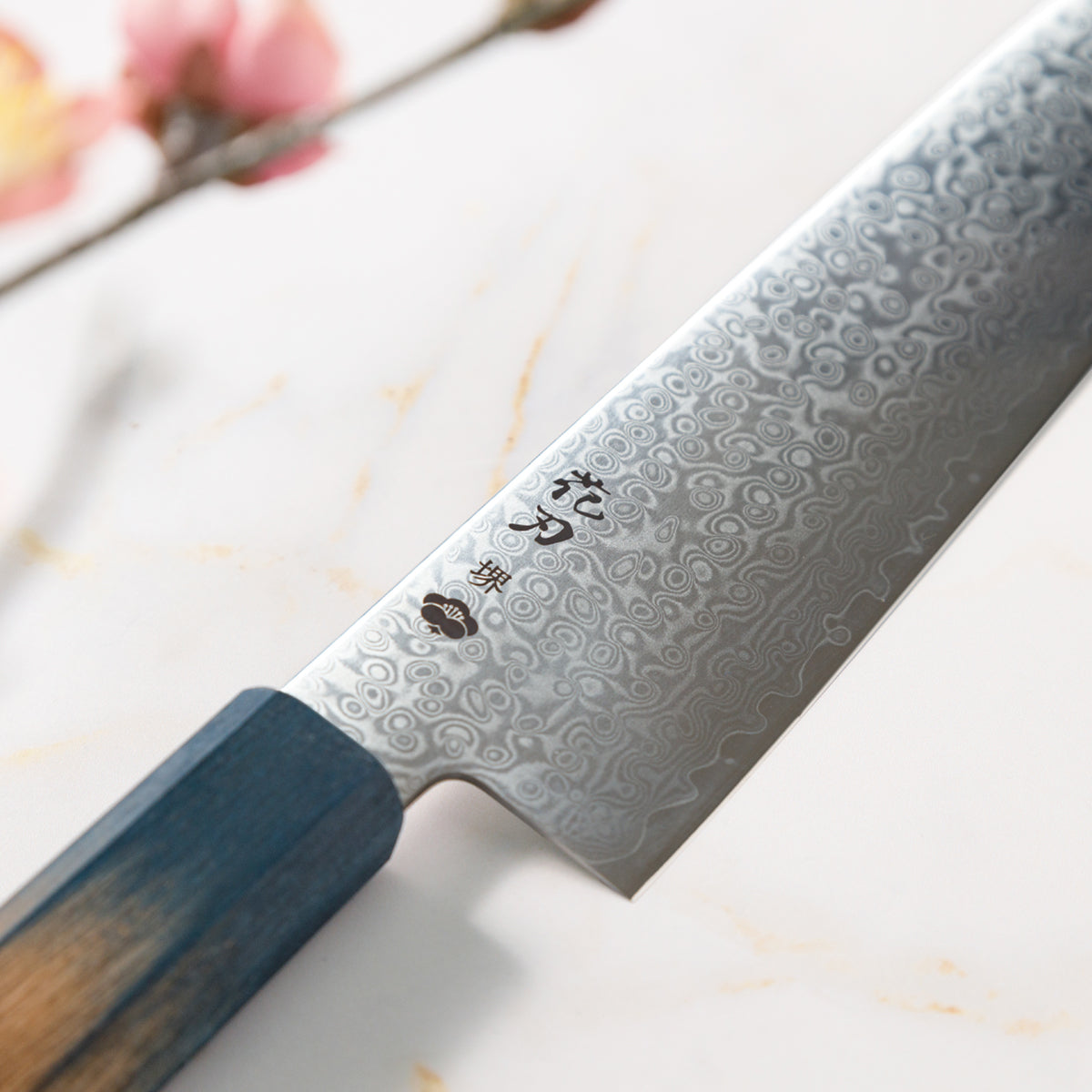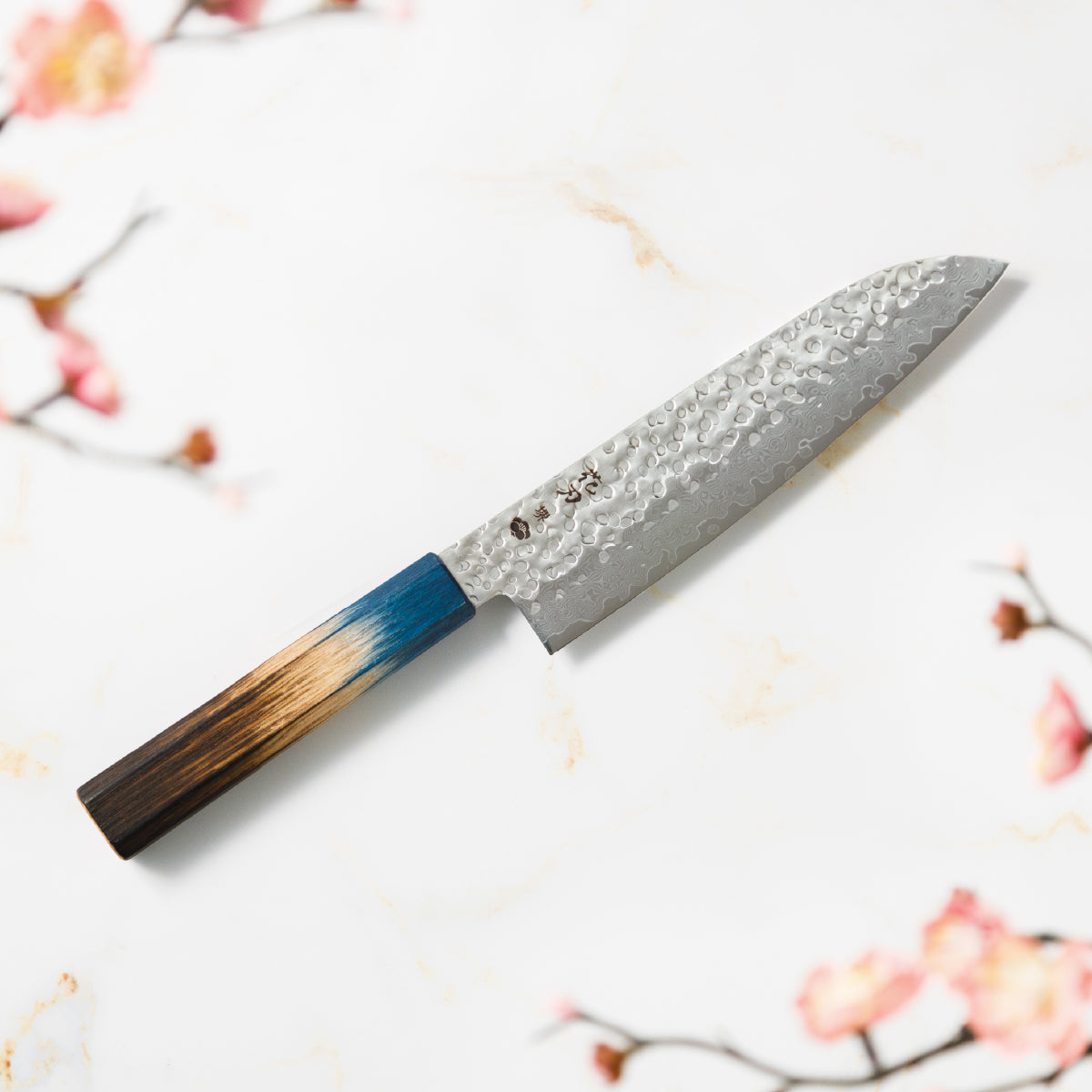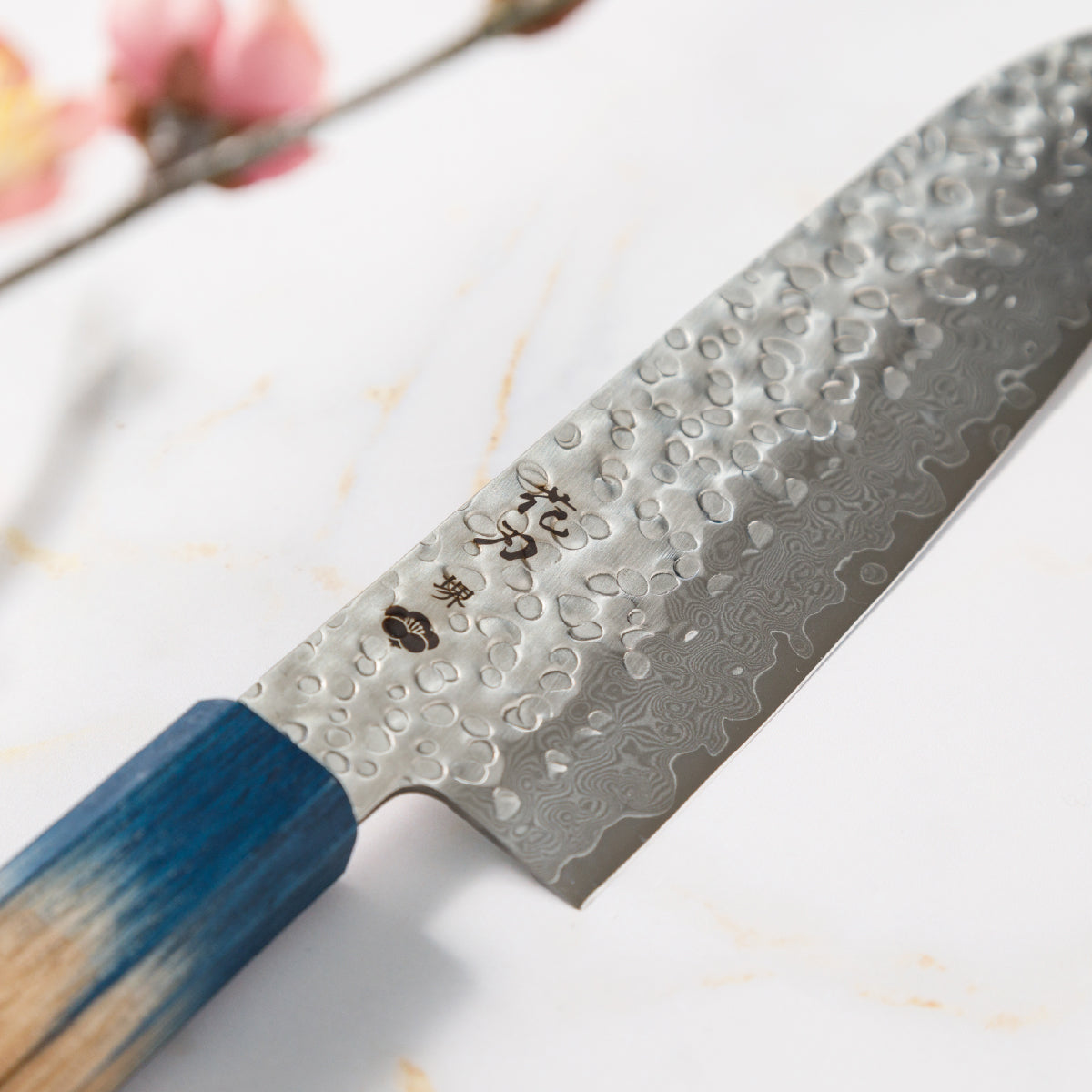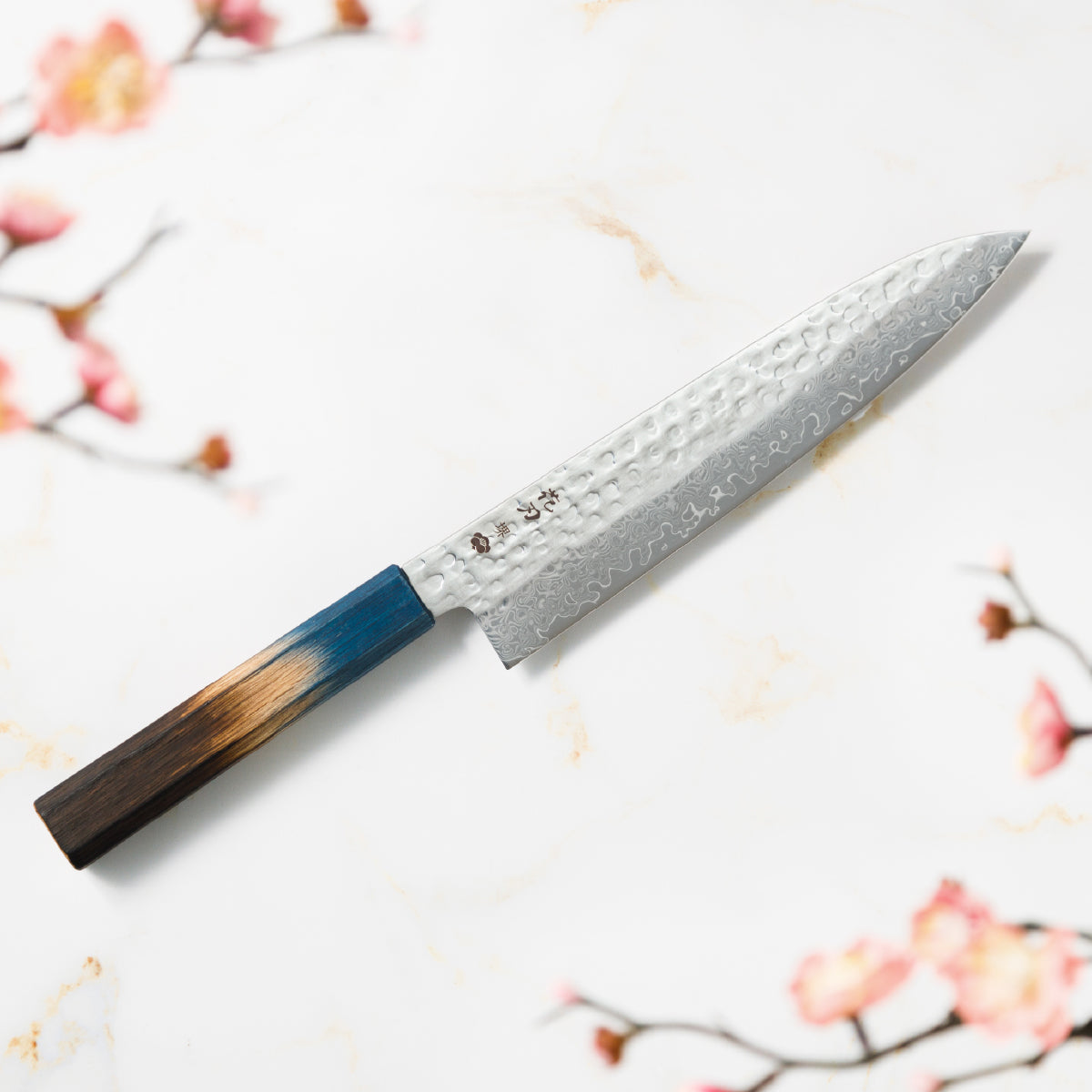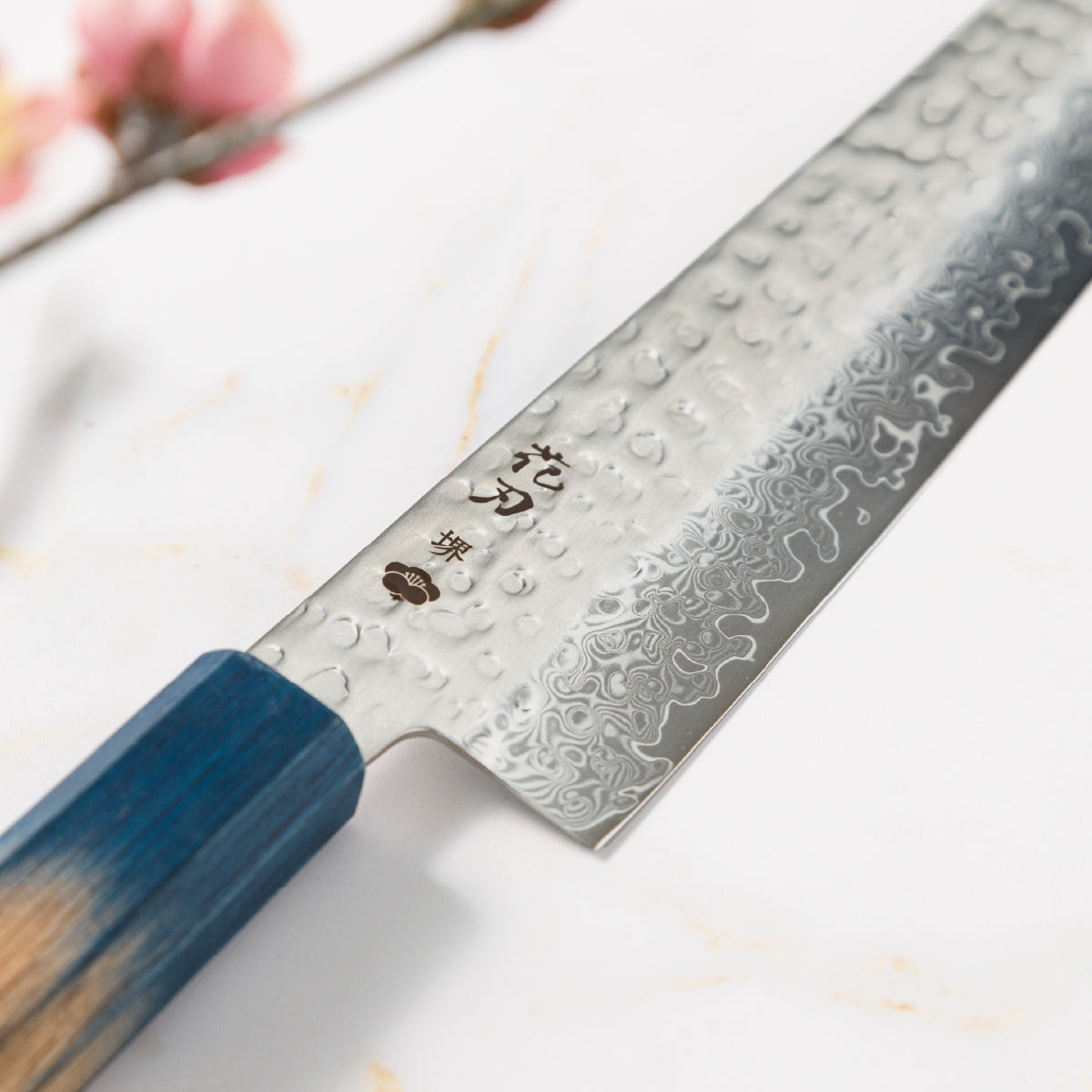
What is Omotenashi? The Heart of Japanese Hospitality
Omotenashi is a unique concept that is deeply rooted in Japanese culture and values of service all throughout Japan. It is present in the hospitality industry and beyond—with roots stretching from childhood upbringings to traditional craftsmanship. In this article, we will explore the ins and outs of omotenashi culture, highlighting the core concepts that sets Japanese hospitality apart from the western world. Omotenashi values are strongly held by Komari Japan, and inform our decisions to bring the best products and services to our customers around the world.
Defining Omotenashi
How would you describe love? Or existence?
Some concepts defy easy explanation. You can describe them in words, but to truly understand them, you have to experience them. In Japan, one such word is omotenashi—a term often considered nearly synonymous with the country itself.
The common translation is “hospitality,” but that barely scratches the surface. Omotenashi is built on three core ideas: anticipating needs, selflessness and sincerity, and promoting comfort.
Etymologically, omotenashi comes from two parts: omote (表), meaning “public face,” and nashi (無し), meaning “without.” Together, the term can be interpreted as “without pretense.” In practice, it refers to a kind of hospitality that is sincere, invisible, and selfless.
Historical Roots
The idea of omotenashi dates back to the Heian period (794–1185), a golden age of Japanese culture. It was later refined by the tea master Sen no Rikyū, who emphasized the philosophy in his famous expression:
一期一会 (ichigo ichie) — “One time, one meeting.”
The phrase reflects the belief that each encounter is unique and should be treated with deep attention and care—an ethos that originally applied to tea gatherings but has since influenced Japanese social conduct as a whole.
Today, omotenashi is not formally taught; it’s culturally absorbed. Children learn it in school through daily cleaning, respectful speech, and through the behavior modeled around them—in shops, restaurants, and public life.
Philosophy Behind the Practice
Omotenashi is tightly interwoven with several core Japanese values:
Wabi-sabi (侘寂): Finding beauty in imperfection.
Wa (和): Harmony and balance within groups.
Gaman (我慢): Quiet endurance and self-restraint.
At its heart, omotenashi is about doing simple things with care. Whether sweeping a floor or pouring tea, it’s the attention to detail that makes an action meaningful.
Omotenashi vs. Western Hospitality
It’s easier to understand omotenashi by contrasting it with Western hospitality.
In many Western cultures, great service is often tied to compensation—think tipping and bonuses. In Japan, where tipping is virtually non-existent, good service is instead driven by a cultural expectation to be considerate, thoughtful, and self-disciplined.
That doesn’t mean Japanese service is always deeply personal. Unlike the West—where baristas chat, remember your order, and send you Christmas cards—Japanese service is polite, smooth, and efficient, but often emotionally neutral.
It raises the question—do you prefer consistent service with no small talk, or occasional flaws wrapped in personal warmth?
Everyday Omotenashi
In Japan, the idea of omotenashi doesn’t start and end in the store—it’s part of daily life, woven into ordinary routines across the country.
Ryokan
Traditional Japanese inns offer the clearest display of omotenashi. Guests are welcomed with a bow and tea, dinner is scheduled around your bath, and futon beds are laid out while you’re away—all done quietly and without expectation of thanks or tips.
It’s hospitality at its most thoughtful—carefully prepared to feel almost effortless.
Restaurants
At restaurants, you’ll hear polite keigo language, receive accurate orders, and experience minimal interruption during meals. Bathrooms are clean and often include extras like mouthwash or cotton swabs.
Customers, in return, are polite. Tables are wiped, dishes are stacked, and payment is made patiently—showing that omotenashi is a mutual practice, not a one-way street.
Public Spaces
Omotenashi in public appears as unspoken courtesy. People carry trash home rather than leave it behind. Trains are quiet, escalators are orderly, and even small collisions come with a bow and apology.
These everyday behaviors reflect a shared mindset: putting others at ease through quiet consideration.
Engaging in Omotenashi
If you’re visiting Japan, you might wonder how to respond. Do you need to memorize honorifics? Not necessarily. The truth is that tourists in general are afforded a certain amount of leeway when it comes to manners.
The best advice: Observe, adapt, and be considerate.
Line up properly. Keep shared spaces clean. Speak softly in public.
And of course, learning a few basic phrases helps:
お願いします (Onegaishimasu) — Please
ありがとう (Arigatou) — Thank you
すみません (Sumimasen) — Sorry
You don’t have to master omotenashi—but showing effort and respect goes a long way.
A Spirit Beyond Service
Omotenashi is not just hospitality. It’s a worldview rooted in care without expectation—a desire to make others feel comfortable, often without them even realizing it.
At Komari, we believe that omotenashi lives in the details — in a beautifully crafted knife, a perfectly wrapped package, or the way a tool feels in your hand.
Explore our curated selection of Japanese knives and traditional gift goods, each made with the same spirit of care and quiet excellence.

